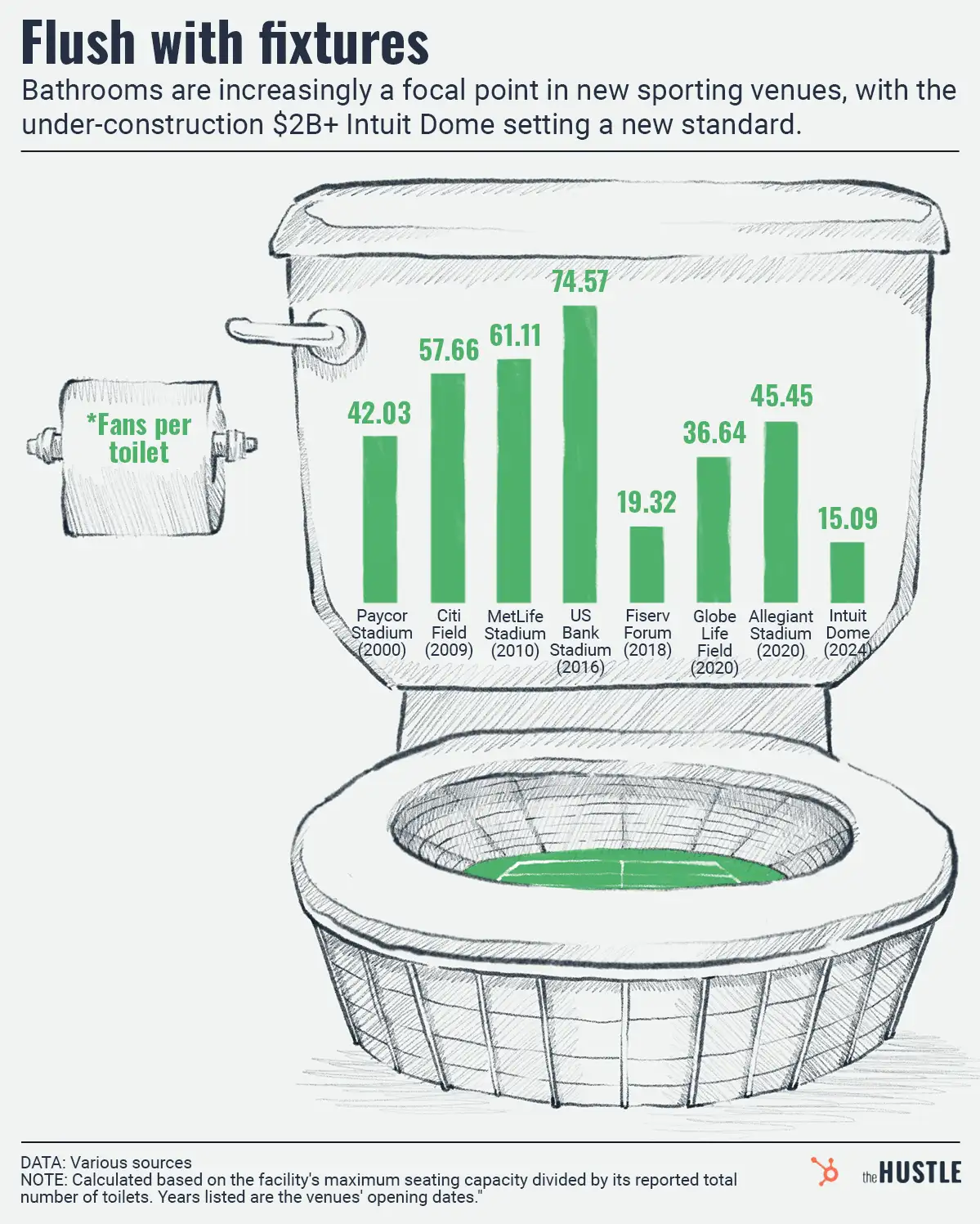
Animal Crossing’s stalk market is the only economic indicator you need right now
The twists and turns of the game’s fictional market have captivated real-life analysts.
Published:
Updated:
Related Articles
-

-

The future of TV continues to look like the old days of TV
-

Which celebrities are raking it in, even in death
-

It’s game on for the youth sports industry
-

The real rising star of the Olympics? Technology
-

Sports and music tourism are exploding into a $1.5T industry
-

What’s really up with the Olympics’ ‘anti-sex’ beds
-

It should be obvious at this point, but if the internet goes wild for your brand, embrace it
-

Keeping fannies happy will keep fans happy
-

All of the drama, none of the attention span: Bite-sized soap operas are getting big


